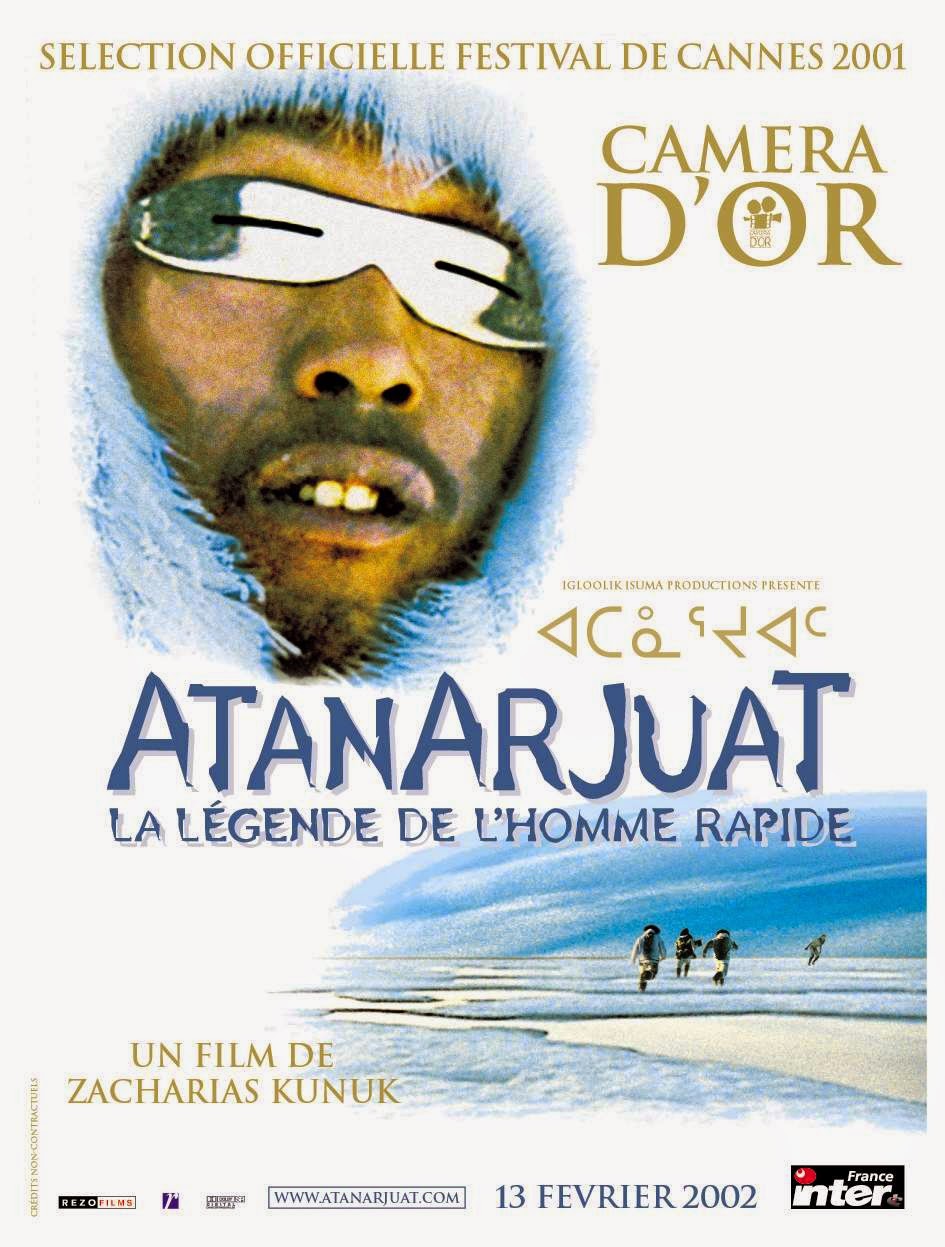
 Tayo has many conflicts in the book Ceremony. However, there are conflicts within every character in this book. These conflicts are most likely caused by many of the same reasons. Given that all of these characters have been oppressed throughout their entire lives, they are all angry and want to oppress others. This is shown in Emo and his hatred towards Tayo. "There he is. He thinks he's something all right. Because he's part white. Don't you, half breed?" Silko Pg. 57 Emo is not a good person, in general, but this quote especially shows his darkness. He is Native American and does terrible things in WWII. This makes Emo a worse person than he already is. "Tayo could hear it in his voice when he talked about the killing-how he grew from each killing. Emo fed on each man he killed, the higher the rank the dead man, the higher it made Emo." Silko Pg. 6
Tayo has many conflicts in the book Ceremony. However, there are conflicts within every character in this book. These conflicts are most likely caused by many of the same reasons. Given that all of these characters have been oppressed throughout their entire lives, they are all angry and want to oppress others. This is shown in Emo and his hatred towards Tayo. "There he is. He thinks he's something all right. Because he's part white. Don't you, half breed?" Silko Pg. 57 Emo is not a good person, in general, but this quote especially shows his darkness. He is Native American and does terrible things in WWII. This makes Emo a worse person than he already is. "Tayo could hear it in his voice when he talked about the killing-how he grew from each killing. Emo fed on each man he killed, the higher the rank the dead man, the higher it made Emo." Silko Pg. 61 Emo is different from most characters, because he is blatantly mean, rude, and scary. However, some characters are rude and not trying to be. In old man Ku'oosh's place, he says racist things only because that is the way he was raised. "more than an hour went by before Ku'oosh asked him. "you were with the others, the ones who went to the white peoples war?" Silko Pg. 37 This is obviously a racist statement, however ku'oosh does not see it as such. He was raised racist, and white people are racist towards hi
m, and so the circle never ends.
 Alcoholism effects P.T.S. in a very negative way. It can make it significantly worse by bringing up bad memories causing emotions to come to life in horrific ways. This is true for Tayo in Ceremony. He says while drinking several beers, "Something was different about the beer this time; it swelled through his blood and made all the muscles loose and warm, but it was also loosening something deeper inside which clenched the anger and held it in place." Silko Pg. 62 Alcohol is a depressant. Therefore, drinking makes Tayo feel angry and upset. Violence can be a product of hurt and anger and sometimes drinking is a product of violence. The guys may drink to escape, but in the end, it makes things worse increasing violence, "reports note that since the
Alcoholism effects P.T.S. in a very negative way. It can make it significantly worse by bringing up bad memories causing emotions to come to life in horrific ways. This is true for Tayo in Ceremony. He says while drinking several beers, "Something was different about the beer this time; it swelled through his blood and made all the muscles loose and warm, but it was also loosening something deeper inside which clenched the anger and held it in place." Silko Pg. 62 Alcohol is a depressant. Therefore, drinking makes Tayo feel angry and upset. Violence can be a product of hurt and anger and sometimes drinking is a product of violence. The guys may drink to escape, but in the end, it makes things worse increasing violence, "reports note that since the second world war a pattern of drinking and violence, not previously seen before, is emerging among Indian veterans." Silko Pg. 53 intact alcohol can make people someone their not. For instance, Tayo is not a violent or hateful person at heart, but when he drinks it is different. "when Emo laughed at him. He moved suddenly, with speed which was effortless and floating like a mountain lion. He got stronger with every jerk that me made" Silko Pg. 63 Tayo acts savage as he punches Emo in the stomach repeatedly. He does not like Emo and is filling himself with alcohol. Mixing those things together can never end good.
second world war a pattern of drinking and violence, not previously seen before, is emerging among Indian veterans." Silko Pg. 53 intact alcohol can make people someone their not. For instance, Tayo is not a violent or hateful person at heart, but when he drinks it is different. "when Emo laughed at him. He moved suddenly, with speed which was effortless and floating like a mountain lion. He got stronger with every jerk that me made" Silko Pg. 63 Tayo acts savage as he punches Emo in the stomach repeatedly. He does not like Emo and is filling himself with alcohol. Mixing those things together can never end good. 










